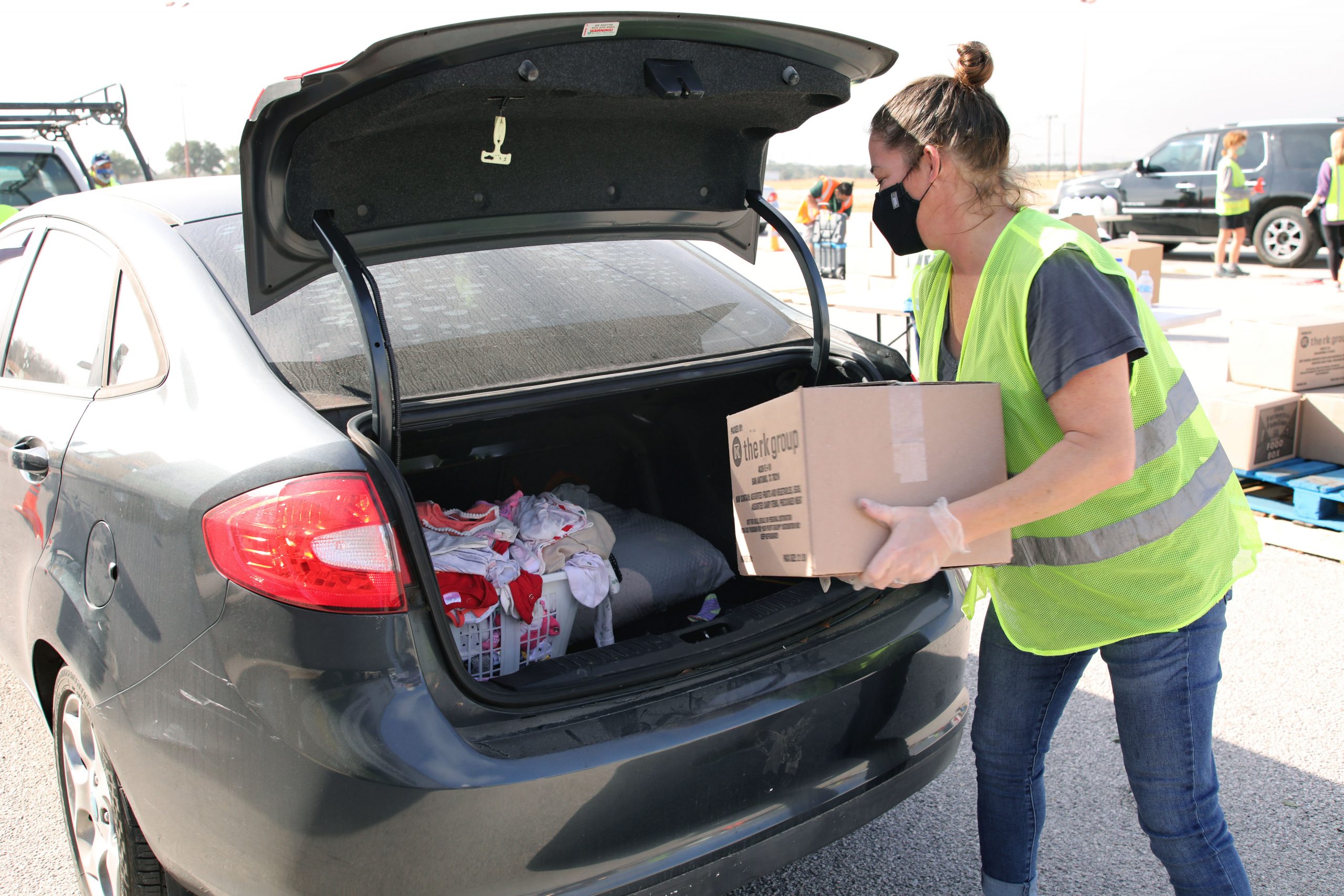Nonprofit Placement

On November 30, the 63rd class of the Coro Fellows Program in Public Affairs began our Nonprofit Placement. This was our second placement, and it was an opportunity to learn how nonprofits are addressing the unprecedented need in Southern California during the COVID-19 pandemic, the concomitant economic crisis, and ongoing movement for racial justice. It quickly became evident to us that no two nonprofits have responded to the current crises in exactly the same way, showcasing the diversity of approaches and organizational frameworks within the sector. This diversity, along with our immersion in the issues each nonprofit addressed, helped challenge our preconceived notions and educate us about how the nonprofit ecosystem operates and interacts with other sectors.
The Fellows glimpsed the nature of the nonprofit landscape in LA by working at placements that represented each of the major types of nonprofits in the region. Some Fellows worked on grantmaking research and impact evaluation at foundations such as the ECMC Foundation and Cedars Sinai Community Benefit Giving Office (CBGO). Others worked at direct service providers or advocacy-focused nonprofits. Many nonprofits choose to combine advocacy and service, as seen at placements such as Heart Forward LA, Learning for Life, and Dakota Communications. The distinctions between nonprofit types and functions were explored during seminars (through interviews with sector leaders and three placement site visits) in which we delved into how different nonprofits identify and meet needs.
Every Fellow entered this placement with assumptions about how the nonprofit sector operates, and many of us gained insights that called into question those beliefs. One Fellow, James Crisafulli, acknowledged that he “had a prior bias against charter schools” before working with the California Charter School Association (CCSA), and that he was confronted with “a lot more nuance behind the issue” once he engaged more deeply with the CCSA’s work and research. Another Fellow, Jamie Lam (Cedars Sinai CBGO), similarly navigated her own qualms about larger philanthropic organizations’ “complicity in the deep wealth inequality that exists in LA.” She came away with a greater belief in the power of foundations to “be more proactive rather than reactive” to create positive change.
Throughout this placement period, the Fellows were also exposed to how varied the internal structures of nonprofits can be, learning how the organization of staff and resources reflects an organization’s values and how it seeks to achieve its mission. Some of the nonprofits Fellows worked at were larger organizations with broad reach, while others focused on a smaller population and with fewer resources. Fellow Matthew Rafeedie (Homeless Outreach Program Integrated Care System) came away from his placement with a newfound appreciation for nonprofits’ commitment to realizing change regardless of size or scope: “The complexity of each organization I learned about and encountered was astonishing and truly revealed the immense impact each organization was seeking to achieve.”
The multifaceted character of our placement organizations, fortunately, did not deter many of the Fellows from taking risks and experimenting. Fellow Philine Qian highlighted how her supervisor at the Broad Foundation welcomed creativity and when one is “able to see and go beyond what is required of them.” Fellows recognized that the nonprofit space often necessitates risk taking and trail blazing. While placed at Community Veteran Justice Project, Fellow Jenna Karic understood the need to take risks and was able to come to an “innovative compromise” with her supervisor: “I challenged myself to think outside of the box and reject complacency for the sake of getting something accomplished.” Fellows broadened their learning by pushing themselves to use unfamiliar tools and approaches for deliverables.
By gaining a more comprehensive perspective of the sector, Fellows were able to create a dialogue discussing gaps in the sector as well. Fellow Angel Lira (UCLA Labor Center) learned what the scarcity of resources for nonprofits entails for specific organizations: “Much time is spent on applying for grants, which made me realize how many social justice organizations have to balance their stated mission with where they get their money and resources.” Echoing a similar sentiment, Fellow Jamie Lam pointed out the “subjectivity of grantmaking and the gap that exists in impact measurement” for large family foundations. Fellow James Crisafulli’s biggest takeaway from his placement was the “importance and necessity of innovation in the nonprofit sector,” and the cohort shared his reflection that we as leaders “will continue to seek out innovative ways of addressing long-standing social issues.”
The Fellows await the new insights and connections in our upcoming placements now that we have developed a more in-depth understanding of how nonprofits operate and interact with other entities. The Fellows have consistently heard about the need for increased strategic collaboration between government and nonprofits to mitigate the crises LA faces today, and we hope to learn more about how that collaboration can be better facilitated next in our government placements.